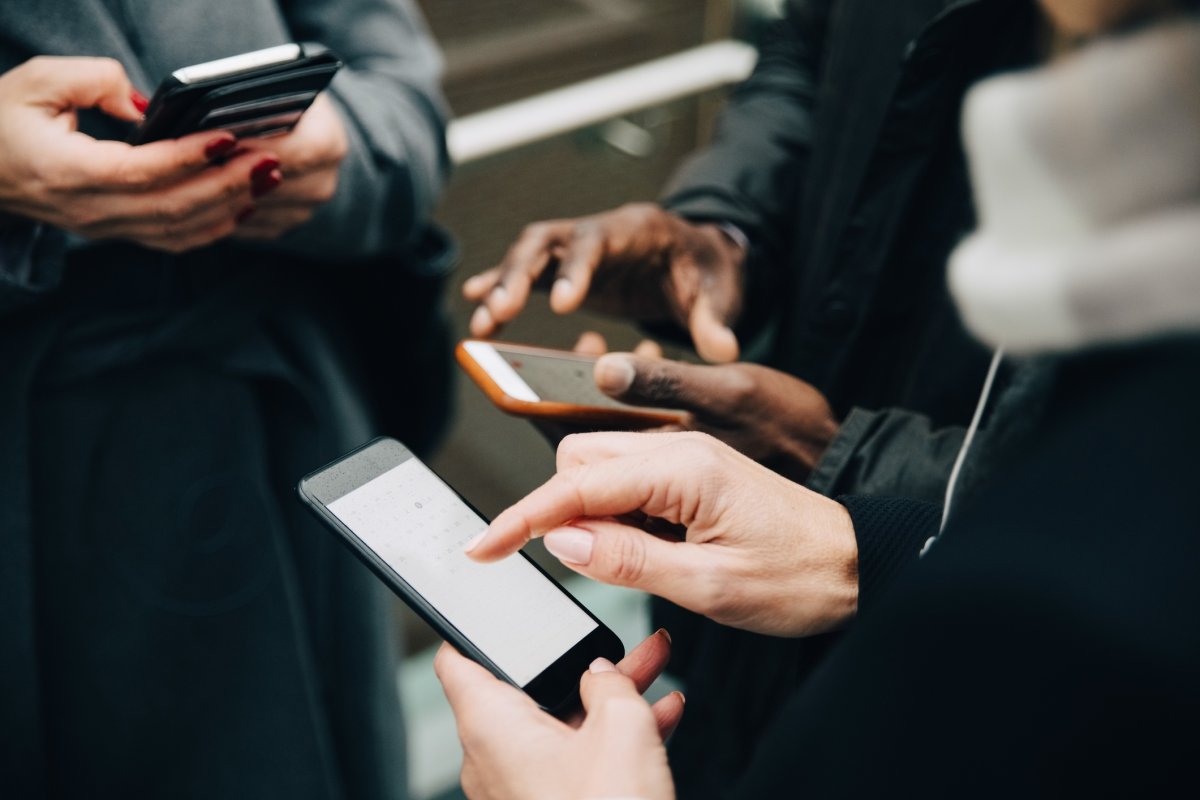In an effort to assist governments with ensuring residents are remaining in their homes during the COVID-19 outbreak Google has provided Mobility Reports which depict growing and shrinking trends in a number of activities.

In both Nova Scotia and New Brunswick the sections outlining retail and recreation, grocery and pharmacy, transit use and attending the workplace all declined significantly.
READ MORE: Nova Scotia surpasses 200 COVID-19 cases
However, two other sections actually saw increases: residential, which refers to time spent at home, climbed by eight percent in New Brunswick and five in Nova Scotia. But the other – parks – rose dramatically by 101 per cent and 95, respectively.
For Nova Scotia Premier Stephen McNeil, the last section continues to be a source of frustration while a state of emergency continues in the province.
“At a glance, Nova Scotia is not doing well when it comes to staying away from our parks and beaches,” he said Friday before the conclusion of the day’s COVID-19 update with Dr. Robert Strang, the province’s chief medical officer of health.
“We don’t need online graphs to tell us what we need to do. We need to stay the blazes home.”
This type of data tracking isn’t new, nor is the idea of government’s using it to keep tabs on their citizens.

But it’s what’s done in the coming weeks and months surrounding the use of this technology that some cyber security experts say requires strong surveillance.
“History shows us governments, when they take on emergency powers during a crisis, don’t generally give those powers back,” explained David Shipley, CEO of Beauceron Security, a Fredericton firm that specializes in helping businesses become and remain secure online. “Any attempts to use this data has to have some careful consideration given to the sunset clauses.”
“We need to know that after this emergency is over clearly they’re going to stop using that data and they’re going to delete the data they have gained,” he said.
Within the current climate, residents have been asked to remain at home as much as possible to curb the spread of the novel coronavirus.
Tracking devices during this state of emergency can certainly help give local governments and law enforcement a better idea of how well that is or isn’t being observed.
READ MORE: Surge in Canadian mobile and data use leads to complaints about service
But Shipley warns that the data gained from tracking mobile users isn’t foolproof and could lead to problems if used to target or surveil individuals, rather than amass information.
“The data can be flawed,” Shipley said.
“The data accuracy of location data depends on the quality of the measurement,” he explained. “If you’re a person living in an urban area in Atlantic Canada like Halifax and you’re close to your wifi and other data points, the more data points the more accurate it is.”
“But if you’re living in rural Atlantic Canada and you only have the cell phone signal for example, maybe not the GPS data, it can be as inaccurate as a couple of miles.”
The possibility of the data coming through inaccurately Shipley says should influence how it’s used, likening it to political polls rather than a scientific study.

He says while it can be used as a guide, citing how a mobility report uptick in trips to parks could then be followed up on, it’s critical that the way people’s personal data is monitored closely and their right to privacy isn’t taken away unknowingly.
“Using good data to make public policy decisions at an aggregate, anonymous level, again with respect to individual privacy and ultimately freedom, there’s potential,” he explained. “But tracking down individuals and treating us all like we’re under house arrest is a future I don’t think we signed up for.”
Although right now there’s no indication individual surveillance is being considered, it’s not that far-fetched according to Shipley who says it’s already ongoing elsewhere in the world.
“We actually saw examples in Asia, South Korea and Taiwan, where folks who took their devices off of them actually got visits from police because now they couldn’t be tracked,” Shipley explained. “If people start knocking on your doors to make sure you’re respecting quarantine because you haven’t had your device on you, well that’s effectively house arrest.”
“Questions about COVID-19? Here are some things you need to know:
Health officials caution against all international travel. Returning travellers are legally obligated to self-isolate for 14 days, beginning March 26, in case they develop symptoms and to prevent spreading the virus to others. Some provinces and territories have also implemented additional recommendations or enforcement measures to ensure those returning to the area self-isolate.
Symptoms can include fever, cough and difficulty breathing — very similar to a cold or flu. Some people can develop a more severe illness. People most at risk of this include older adults and people with severe chronic medical conditions like heart, lung or kidney disease. If you develop symptoms, contact public health authorities.
To prevent the virus from spreading, experts recommend frequent handwashing and coughing into your sleeve. They also recommend minimizing contact with others, staying home as much as possible and maintaining a distance of two metres from other people if you go out.
For full COVID-19 coverage from Global News, click here.”





Comments